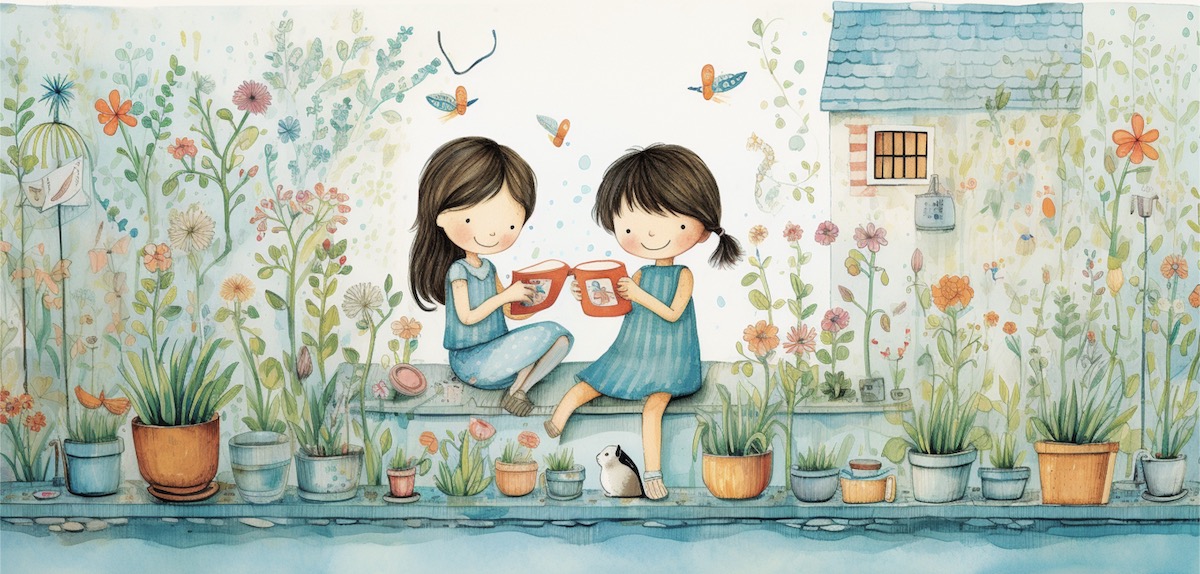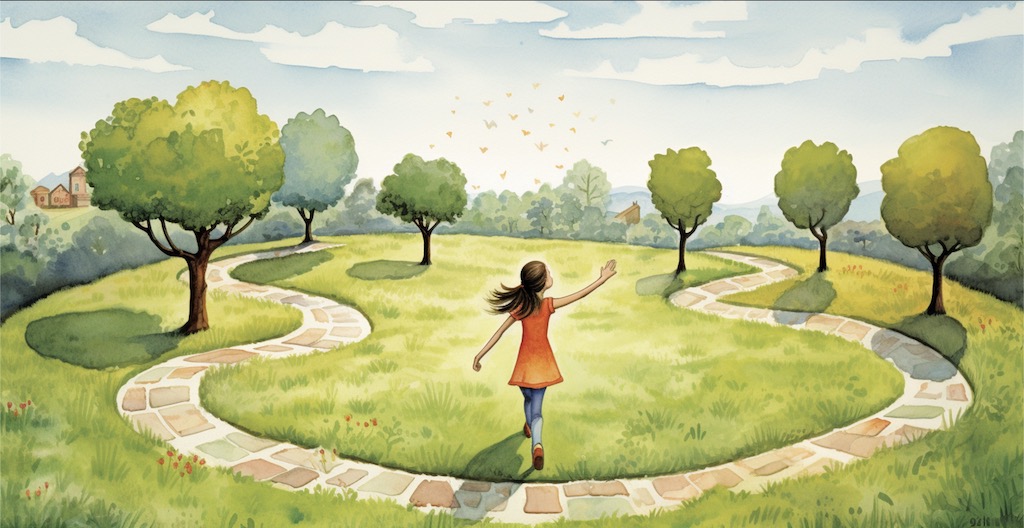Infants (0-1 Year)
While it may seem that affirmations are irrelevant for infants who haven’t yet developed language skills, the truth is quite the opposite. For babies, the emotions behind the words serve as affirmations. The tone, the warmth, and the love conveyed through your voice and touch act as foundational affirmations for them. Even though they may not understand the words, they certainly grasp the feeling behind them, setting the stage for emotional security and trust.

“You are loved.”
“You are safe.”
“You bring joy.”
Toddlers (1-3 Years)
A critical stage where the foundation for fostering positivity is laid. Utilize simple affirmations to instill your tots with the initial seeds of confidence and a burgeoning sense of self. At this age, they are just starting to explore the world around them, often straying away from parental comfort zones. Hence, simple, easy-to-grasp affirmations are vital for embedding positivity into their nascent worldviews.
“I feel safe when I explore.”
“I’m brave!”
“I feel loved, just the way I am.”
Preschoolers (4-5 Years)
As kids mature into the preschool age, their cognitive faculties take a leap forward. At this point, they begin to embrace complexity and contradictions, making it a ripe time to introduce affirmations that seed self-reliance and resilience.
“I make good choices”
“I can do it, even if it’s hard!”
“I always find my smile again.”
School-Age Children (6-9 Years)
This stage is significant for its exposure to a broad range of social dynamics and competitive scenarios—bullies, academic pressures, and the like. Positive reinforcement affirmations act as effective armors. They strengthen the child’s resolve to navigate the maze of social expectations and challenges thrown at them.
“I am unique, and that’s what makes me special.”
“I work hard, so I get better and better.”
“I’m a good friend, and I like to help.”
Preteens (9-12 Years)
Standing at the threshold of adolescence, kids at this stage face the twin challenges of evolving identity and self-esteem. Affirmations take a more introspective turn here.
“It’s okay that I’m still figuring things out.”
“I like who I’m becoming.”
“My feelings are important, and it’s okay to talk about them.”
Teenagers (13-18 Years)
Finally, the teenage years and early adulthood are the culmination stages for using affirmations effectively.
“This is my journey, and I’m writing my own story.”
“Failing at something helps me learn how to succeed.”
“I’m enough, just as I am, no filters needed.”
Quick Tips to Implement Affirmations
- Be Consistent: The power of an affirmation magnifies with repetition.
- Be Contextual: Customize affirmations based on what the child is experiencing.
- Involve Them: From an early age, let kids have a say in their affirmations.
Be sure to explore Affirmations for Adults, Age by Age.




